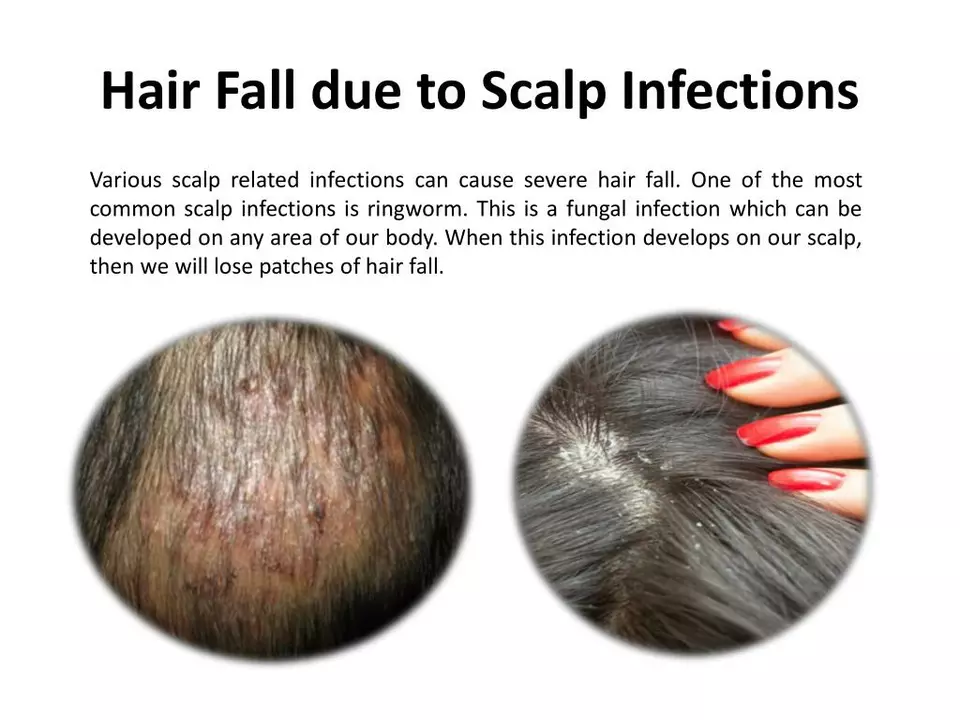Connection: Linking You to Safe Meds, Telehealth, and Trusted Pharmacies
Want to order meds online or use telehealth but unsure where to start? This tag collects practical articles that help you connect the dots — from ordering Proair safely to comparing ED med providers and using Canadian e-pharmacies without getting scammed.
How to safely connect with online pharmacies
Start by checking credentials. Legit pharmacies display licensing, contact info, and a real address. If a site won’t share a pharmacist’s contact or asks only for weird payment methods, walk away.
Use telemedicine when required. Many reliable services combine a short online consult with a prescription and direct shipping. That saves you a clinic visit but still gives you a licensed opinion. Look for clear pricing, a registered prescriber, and a secure checkout.
Be careful with cross-border options. Canadian and virtual pharmacies can save money, but rules vary. Make sure the pharmacy follows local regulations, requires valid prescriptions, and has customer reviews you can verify. If a site promises impossible discounts on brand-name drugs, it’s probably too good to be true.
Check drug connections: interactions, alternatives, and side effects
Before you order, check how new meds connect to what you already take. Drug interactions aren’t always obvious. Use a trusted interaction checker or ask the online pharmacist. If you read about an alternative (like options to gabapentin or alprazolam), compare side effects, dosages, and whether you need monitoring.
Look for articles that explain practical trade-offs. For instance, switching asthma drugs or choosing a diabetes treatment involves more than price — watch for differences in dosing, monitoring, and common side effects.
Privacy matters. Virtual pharmacies and telehealth providers often highlight confidentiality, but read the privacy policy. Find out how they store your data and whether they share info with third parties.
Spot red flags fast: no prescription required for prescription-only drugs, no verifiable address, poor or zero customer reviews, and pressure to buy in bulk. When in doubt, contact the pharmacy directly or consult your regular doctor.
This tag links to reviews, how-to guides, and medicine explainers so you can make informed choices. You’ll find comparisons (like ZipHealth vs other ED med providers), breakdowns of drug uses and risks (Noroxin, Protonix, Nortriptyline), and consumer tips for safe online ordering.
If you want quick help: write down the drug name, dose, and any other meds you take. Ask the pharmacy about interactions, shipping times, and return policies. That short checklist cuts risk and speeds up getting the right treatment.
Got a question about a specific article or need help finding reliable info on a drug or online provider? Use our contact page to reach us — we aim to point you to clear, practical info so you can connect safely to the care you need.

The Connection Between Sleep Disorders and Headaches
As a blogger, I've recently discovered a significant connection between sleep disorders and headaches. It turns out that poor sleep quality or disruptions to our sleep patterns can lead to tension headaches and even migraines. Additionally, sleep disorders like insomnia and sleep apnea can exacerbate these issues, causing a vicious cycle of poor sleep and headache pain. It's crucial for us to prioritize good sleep hygiene and address any potential sleep disorders to not only improve our overall health but also reduce the frequency and intensity of headaches. Remember, taking care of our sleep is vital for a happier and healthier life!
May 27 2023
The Connection Between Ringworm and Hair Loss: What You Should Know
As a blogger, I recently discovered the connection between ringworm and hair loss, and I think it's important to share this information with you all. Ringworm is a fungal infection that can affect the scalp, leading to hair loss in some cases. This condition, called Tinea Capitis, can cause red, scaly patches on the scalp and even break the hair shafts. It's crucial to treat ringworm promptly to prevent permanent hair loss. Make sure to consult a doctor for proper diagnosis and treatment, and always maintain good hygiene to prevent the spread of this infection.
May 21 2023